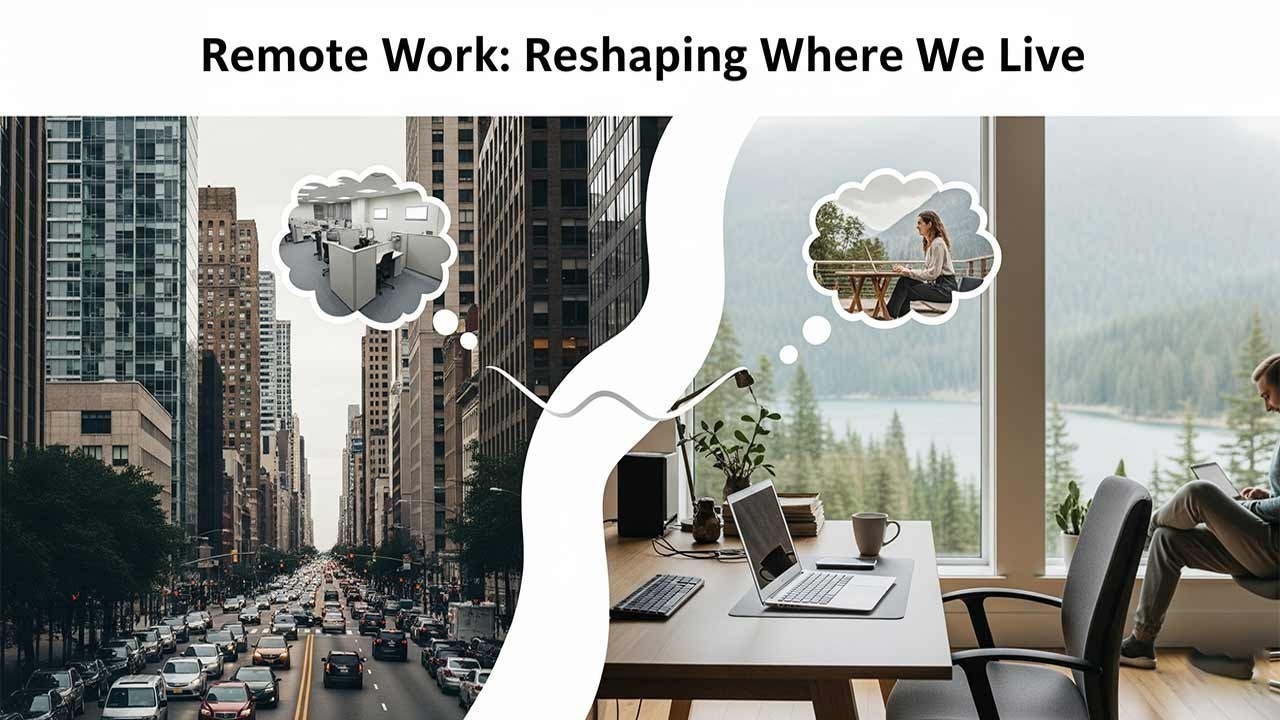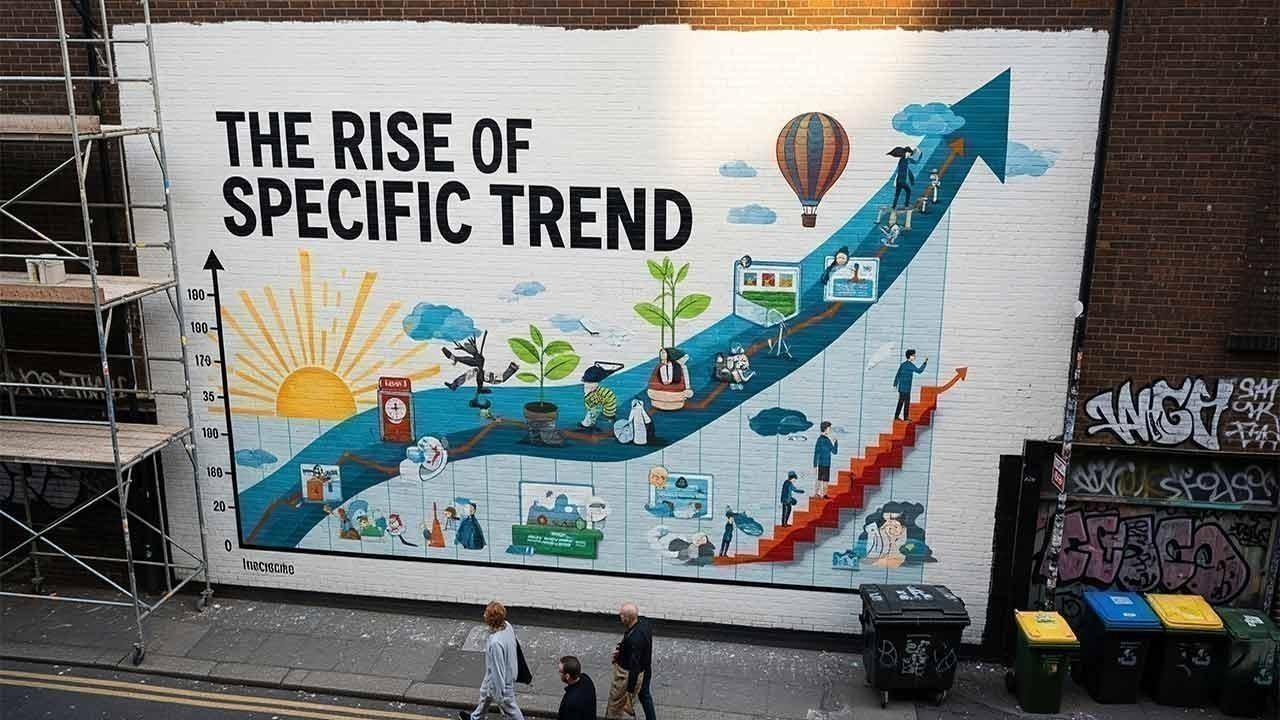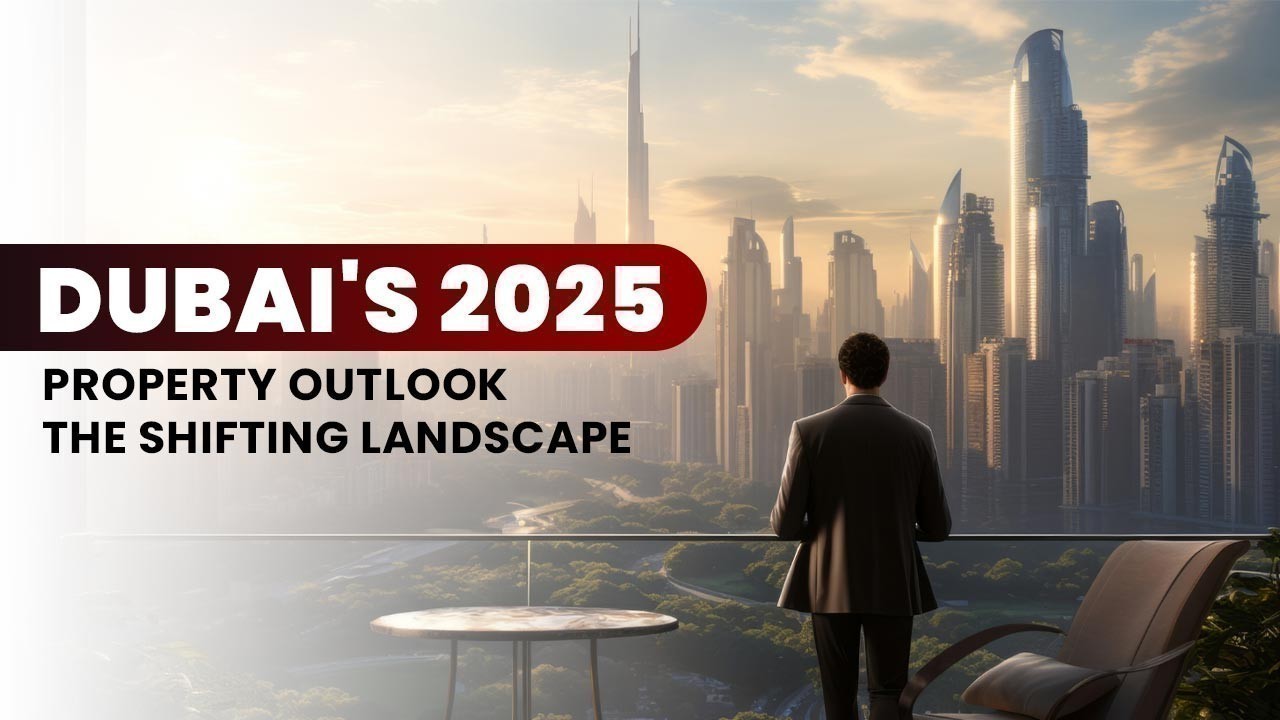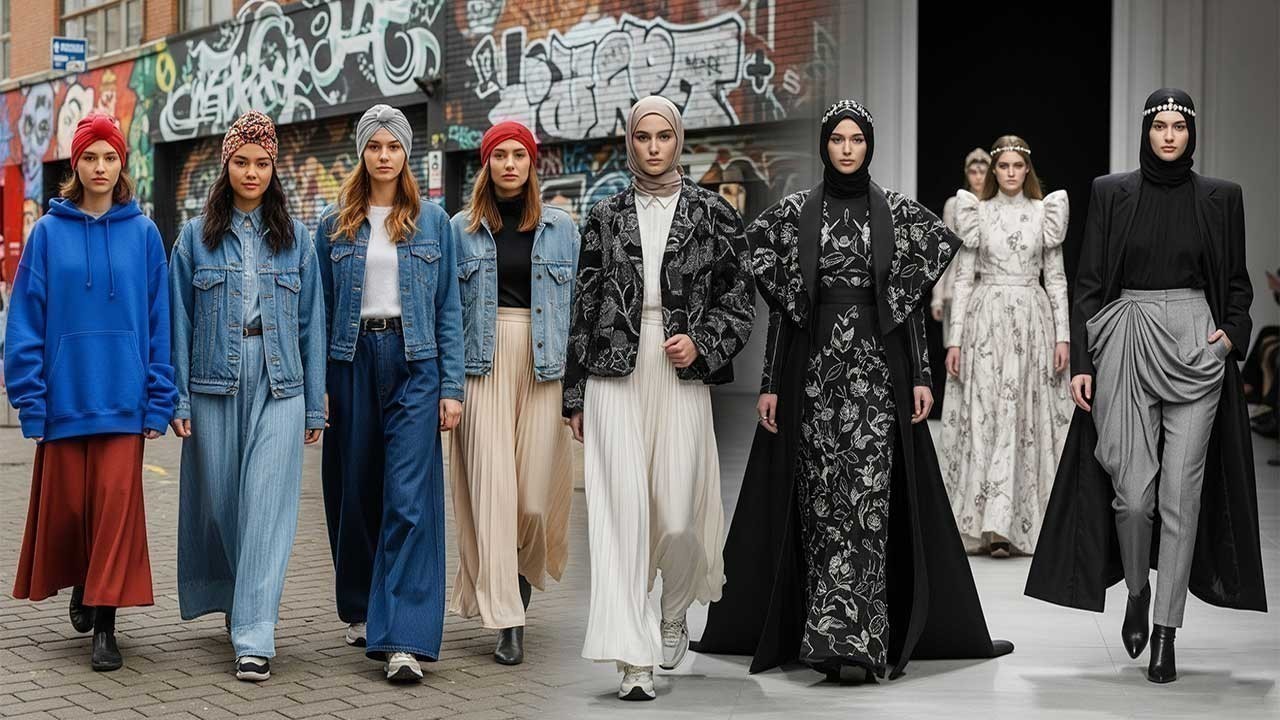
Post by : Mukesh Kumar
The way people work has changed dramatically in recent years. The COVID-19 pandemic sped up a trend that was slowly emerging: remote work. Today, millions of employees around the world work from home, and this is changing not only how people work but also where and how they live. Houses and apartments are being viewed differently, and neighborhoods are changing as more people adjust to this new way of working.
One of the biggest effects of remote work is that people are moving away from city centers. In the past, people had to live close to their offices, which meant high rent, crowded streets, and long commutes. Now, since they can work from anywhere, many employees are choosing to move to suburban neighborhoods, smaller towns, or even rural areas.
Families are looking for bigger houses with gardens, extra rooms, and space for hobbies or relaxation. Cities are seeing less demand for small apartments, while towns that were once quiet are now growing as more people move in. This change is also helping local businesses, as new residents spend money on shops, restaurants, and services. Overall, moving away from city centers gives people more space and a better quality of life while helping smaller towns grow.
Working from home has made houses much more than just a place to sleep and eat. Many people now need a dedicated space for work. Houses with extra rooms or flexible spaces are becoming very popular. Fast internet, quiet rooms, and comfortable work areas are now essential for anyone working remotely.
Builders and designers are noticing this trend and are creating homes with offices, soundproof rooms, and flexible layouts. Even apartments are being redesigned so that small corners or rooms can be used as workspaces. A home office is no longer a luxury—it has become a must-have. Furniture and home design are also changing, with standing desks, organized storage, and ergonomic chairs becoming important for productivity.
Remote work is also affecting the real estate market in different ways. In big cities, there is less demand for apartments near offices, which has caused rental prices to stabilize or drop slightly. On the other hand, suburban and rural areas are seeing more interest, which is pushing house prices up.
For people who invest in property, this creates new chances to buy homes in growing neighborhoods. For landlords in the city, it may become harder to find tenants. Overall, the remote work trend is reshaping how much houses cost and where people choose to live. It is changing the real estate market and creating new challenges and opportunities.
Homes today need to serve many purposes. They are no longer just a place to sleep and eat. People now want homes that can be used for work, learning, exercise, and leisure.
This change is influencing home design. Open layouts, flexible furniture, and smart storage solutions are becoming common. Technology is also being used to make homes more comfortable and efficient. Families want homes that can adjust to their lifestyle, allowing them to work, play, and relax all in the same place.
Remote work is also changing how people choose their neighborhoods. Many workers want quieter, greener areas with parks, walking paths, and open spaces. Less commuting means less traffic and lower pollution, which improves quality of life.
Eco-friendly and energy-efficient homes are becoming popular. People are looking for houses with solar panels, energy-saving appliances, and environmentally friendly materials. Builders and city planners are now thinking more about creating sustainable communities that are both healthy and convenient. Remote work is encouraging people to consider their lifestyle and the environment when choosing where to live.
Experts believe remote work is not going away. Many companies are adopting hybrid models, where employees work from home a few days and come to the office for meetings. This is likely to continue shaping housing choices, city planning, and transportation systems.
To meet these new needs, builders and policymakers will need to create neighborhoods with good internet, co-working spaces, parks, and modern facilities. Communities that offer flexible and convenient living will attract more people in the future. Technology and comfort will become key factors in deciding the value of homes.
The remote work revolution has changed not only how we work but also how we live. Housing is now more than a place to live—it is a workspace, a learning space, and a hub for family and community life. From moving away from cities to designing multi-purpose homes, remote work is reshaping where and how people live.
The future of housing will be flexible, sustainable, and designed to support modern work-life balance. Understanding these changes is important for families, buyers, investors, and policymakers to make smart choices in the evolving housing market.
This article is produced by DXB News Network for informational purposes. The content reflects current trends and expert insights on remote work and housing. It is intended to provide readers with guidance and understanding of evolving housing patterns and does not constitute financial or investment advice.

Mamluks: Legacy of an Empire Exhibition Opens in Abu Dhabi
Explore the Mamluk Sultanate’s rich art and culture at Louvre Abu Dhabi, featuring 270+ artworks, in

PM Modi Launches Major Textile & Women Welfare Initiatives in MP
PM Modi visits Dhar, Madhya Pradesh, to launch PM MITRA Park, boost women's health, tribal welfare,

Retro AI Couple Portraits Go Viral with Gemini Nano Banana
Gemini AI’s Nano Banana trend creates vintage couple and saree portraits, blending retro charm with

Messi Shines as Inter Miami Defeats Seattle Sounders 3-1
Lionel Messi scores and assists as Inter Miami beats Seattle Sounders 3-1, securing a strong win wit

University of California Sues Trump Over Federal Funding Freeze
University of California sues Trump administration to restore frozen federal funds, defend academic

Mbappe Scores Twice as Real Madrid Beat Marseille 2-1
Kylian Mbappe scored two penalties to give Real Madrid a 2-1 win over Marseille in their Champions L

The Rise of Specific Trends How Niche Movements Shape Life & Business
Explore how specific trends and niche movements are shaping lifestyles culture and business in tod

The Mind Gut Connection How Your Diet Shapes Your Mood and Mental Health
Discover how your diet affects mental health mood and stress Learn tips to keep your gut and mind

Dubai s 2025 Property Outlook Key Trends Prices and Investment Opportunities
Discover Dubai s 2025 property trends price changes rental yields and investment opportunities in

Like Trees Let Us Live to Give A Lesson in Purposeful Living
Discover life lessons from trees on giving purpose and serving others in every season inspiring a

From Street Style to High Fashion How Modest Fashion is Evolving in the UAE
Explore how modest fashion in the UAE evolved from traditional wear to stylish street and high fashi

Spotlight on Emerging Emirati Designers Shaping Dubai s Global Fashion Scene
Discover how emerging Emirati designers blend tradition modernity and sustainability to redefine D

Mastering Power Dressing Your Complete Guide to Dubai s Business Style
Learn how to master power dressing in Dubai s business world with tips on colors fit accessories

The Rise of Sustainable Fashion in the UAE Eco Friendly Trends Shaping 2025
Explore how sustainable fashion is transforming the UAE with eco friendly trends innovative designs

The Hottest Fashion Trends of 2025 Bold Colors Sustainable Styles & Dubai Street Fashion
Explore 2025 fashion trends in Dubai bold colors sustainable styles oversized outfits vintage lo